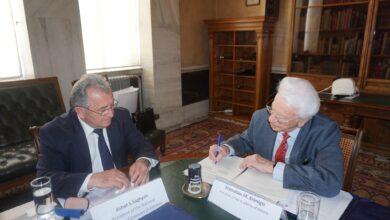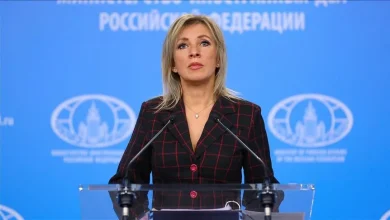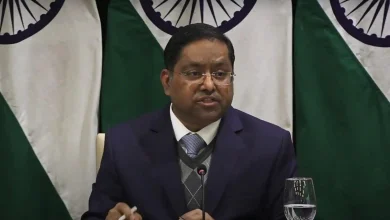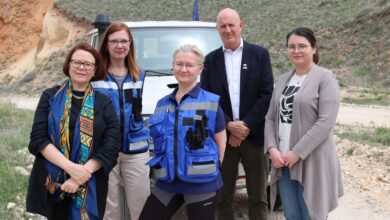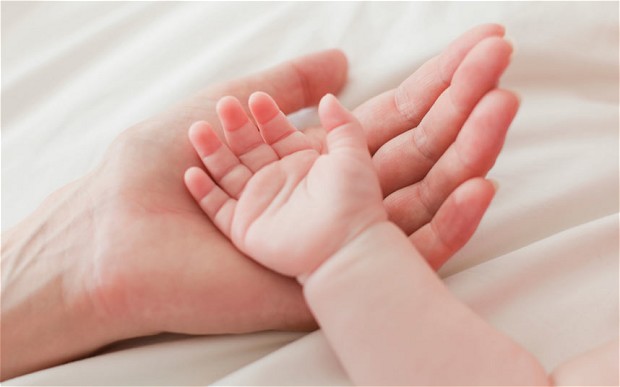
United Nations agencies congratulate Belarus for eliminating mother-to-child transmission of both HIV and syphilis and Armenia and the Republic of Moldova for eliminating mother-to-child transmission of HIV and syphilis, respectively.
During a ceremony at UN Headquarters in New York, elimination validation certificates were presented to the ministers of health of the three European countries, who are attending the UN General Assembly High-level Meeting on ending AIDS.
“To ensure children are born healthy is to give them the best possible start in life. It is immensely encouraging to see countries succeed in eliminating mother-to-child transmission of these two diseases”, said WHO Director-General Dr Margaret Chan. “This is a tremendous achievement – a clear signal to other countries that elimination is possible and that the world is on the way to an AIDS-free generation.”
Ending the epidemics of AIDS by 2030 is a key target of the Sustainable Development Goal on health and well-being.
The World Health Organization (WHO) has been working in Armenia, Belarus and the Republic of Moldova since 2010 with the Joint UN Programme on HIV/AIDS (UNAIDS), UNICEF, and the UN Population Fund (UNFPA), to eliminate mother-to-child transmission of HIV and syphilis.
“This is a success for these countries and a celebration for children and families. We expect that these achievements will inspire many other European countries to seek validation that they have ended mother-to-child transmission of HIV and syphilis”, added Dr Zsuzsanna Jakab, WHO Regional Director for Europe. “It is only by ensuring truly universal access to HIV and syphilis prevention, treatment and care for all, while respecting individual rights, that the HIV and syphilis epidemics in children will be eliminated”.
“After two decades of intensive efforts in the Region, we now have validated proof that it is possible to realize the right of all children to be born HIV-free,” said Marie-Pierre Poirier, UNICEF Regional Director for Europe and Central Asia. “As we move forward, it is important that children have equitable access to services that can help them thrive and develop in a supportive family environment, with their mothers alive and nurturing their well-being.”
Armenia, Belarus and the Republic of Moldova have worked to ensure early universal access to free services for antenatal care, HIV and syphilis testing for pregnant women and their partners, treatment for women who test positive, early diagnosis in infants, free infant formula and community engagement. These services are provided as part of an equitable, accessible, universal health system in which maternal and child health programmes are integrated with programmes for HIV and sexually transmitted infections.
“The remarkable achievements of these countries in eliminating HIV and syphilis transmission to infants underscore the importance of robust maternal health services,” according to Dr Babatunde Osotimehin, Executive Director, UNFPA. “Only by offering pregnant women integrated HIV and syphilis care as part of a rights-based, comprehensive package of sexual and reproductive health services, including family planning, can we truly keep the mother–baby pair alive and thriving.”
The validation process for the three countries was conducted by WHO in collaboration with UNAIDS, UNICEF and UNFPA.




